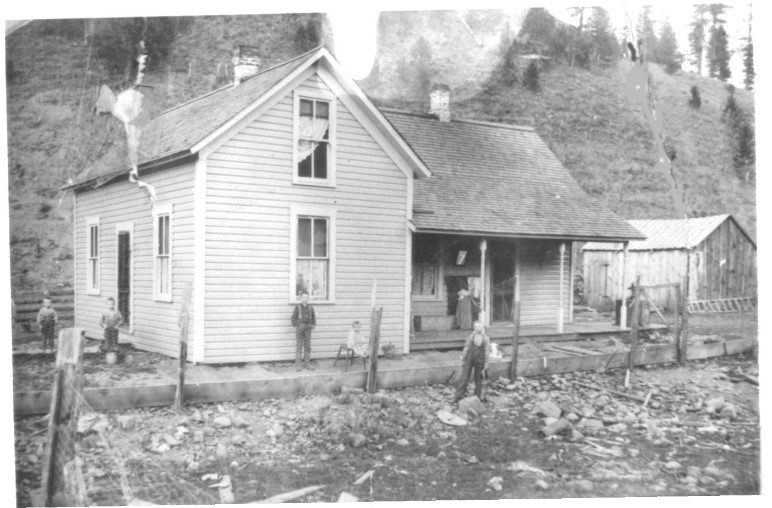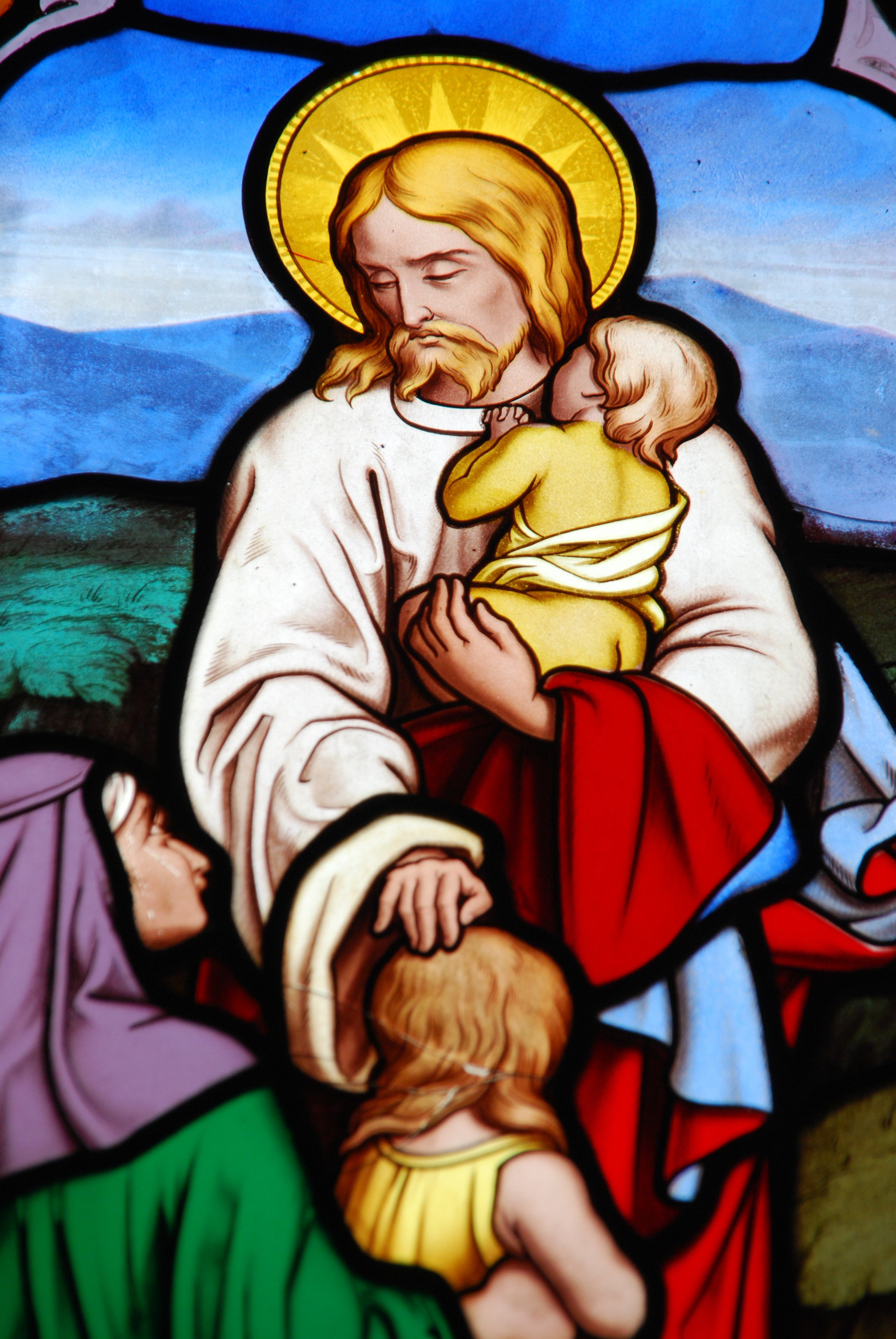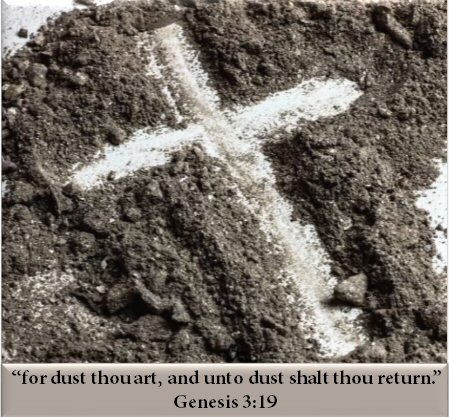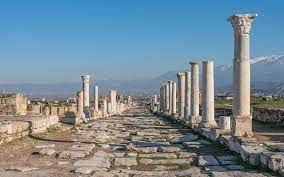Reformed Church in America

Reformed Church in America faith is centered in God’s love for us demonstrated in Jesus Christ, his son. Once they have accepted the sacrifice of Jesus and committed their lives to following him, God sees them as perfect, the way they were first created to be. They cannot manufacture such faith on their own; it is the result of God’s Spirit working within them.
The Reformed Church in America is confessional, which means that together they have statements of belief, called creeds and confessions. These statements guide their understanding of faith and shape its practice. It is “Reformed and always reforming,” earnestly seeking to know the mind of Christ as it strives to be faithful in a changing, complex, and often troubled world.
The Reformed Church in America has a representative form of government that is biblically based. Each congregation is governed by a body called a consistory. The consistory is made up of elders and deacons, elected by the congregation, and the congregation’s installed minister(s). It is the elders that maintain order and exercise Christian discipline and also assists in pastoral care. The elders are responsible for the spiritual life of the congregation and the membership of the church. Ministers serve as pastors and teachers of the congregation. They are called by God to preach the Word of God, administer the sacraments, and care for the members of the congregation, building up and equipping the church for its ministry in the world.
A consistory is governed by its classis. A classis gathers minister and elder representatives from a group of congregations, usually according to their geographical proximity. Each classis supervises the congregations and ministers within its bounds. It exercises judicial power over the decisions of individual consistories; receives new congregations into the denomination; ordains, installs, and dismisses ministers; and oversees students of theology.
The Reformed Church in America is a founding member of the National Council of Churches and the World Council of Churches.
History:
The Reformed Church in America is part of the worldwide church of Jesus Christ. Its history can be traced to the Netherlands in the seventeenth century, to Germany and Switzerland during the Protestant Reformation, to the Roman Empire, and beyond.
It began in America in 1628 with the settlement of James town in Virginia, the Pilgrims in Massachusetts; and the establishment of New Amsterdam, now New York City, by Dutch colonists. The Dutch settled in the New Netherland area because of commercial reasons more than with religion reasons. Jonas Michaelius organized a congregation in New Amsterdam, in 1628 called the Reformed Protestant Dutch Church.
The Reformed Church was the established church of the colony in 1664. While still owing ecclesiastical allegiance to the classis which is the governing body of Amsterdam in Holland, the church gave civil allegiance to England.
The newly formed assembly in America declared itself independent of the classis of Amsterdam in 1754. They established the charter for Queens College which is now Rutgers University in 1766 in New Jersey.
1794 the Reformed Church held its first general synod; and in 1867 the Reformed Church in America became the official name. 1857 a group of Dutch settlers in Michigan separated from the Reformed Church and organized the Christian Reformed Church. It was in 1922 that the body received most of the American congregation of the Reformed Church of Hungary.
Belief:
The Reformed Church in America celebrates two sacraments: baptism and the Lord’s Supper. They remind us of God’s promises to us and help us to claim those promises as our own.
Reformed Church in America believes God created the world and everything in it, including human beings.
Reformed Church in America believes God created a perfect world. In the beginning, there was no sin–no hatred, no disunity, and no death. But God also allowed humans to make their own choices.
Reformed Church in America believes God sent his son, Jesus, into the world as a human. Jesus gave his life to pay the price for sins he didn’t commit. Jesus accepted the punishment for our sins so that we don’t have to. Three days after Jesus was killed, God brought Jesus to life again, defeating the power of death and evil. Jesus still lives today, eternally in heaven with God the Father. One day he will come back to earth to put an end to evil–sin, death, and pain–and renew all things. He will gather all who have believed in him from every time and place to live with him forever.
Reformed Church in America believes the final authority is the Bible–known as the Holy Scriptures, the Word of God.
Reformed Church in America believes God is three in one–God the father, God the son (Jesus Christ), and God the Holy Spirit.
Reformed Church in America believes are saved by grace alone through faith, not by what we think or do to earn God’s favor. Our good works don’t earn our salvation, but are a way to thank God for this free gift of salvation.
Reference:
Official Website for the Reformed Church in America: https://www.rca.org/
Cite Article Source
MLA Style Citation:
Holstein, Joanne “Reformed Church in America:.” Becker Bible Studies Library Aug 2013.< https://guidedbiblestudies.com/?p=2458,>.
APA Style Citation:
Holstein, Joanne (2013, August) “Reformed Church in America:.” Becker Bible Studies Library. Retrieved from https://guidedbiblestudies.com/?p=2458,.
Chicago Style Citation:
Holstein, Joanne (2013) “Reformed Church in America:.” Becker Bible Studies Library (August), https://guidedbiblestudies.com/?p=2458, (accessed).


